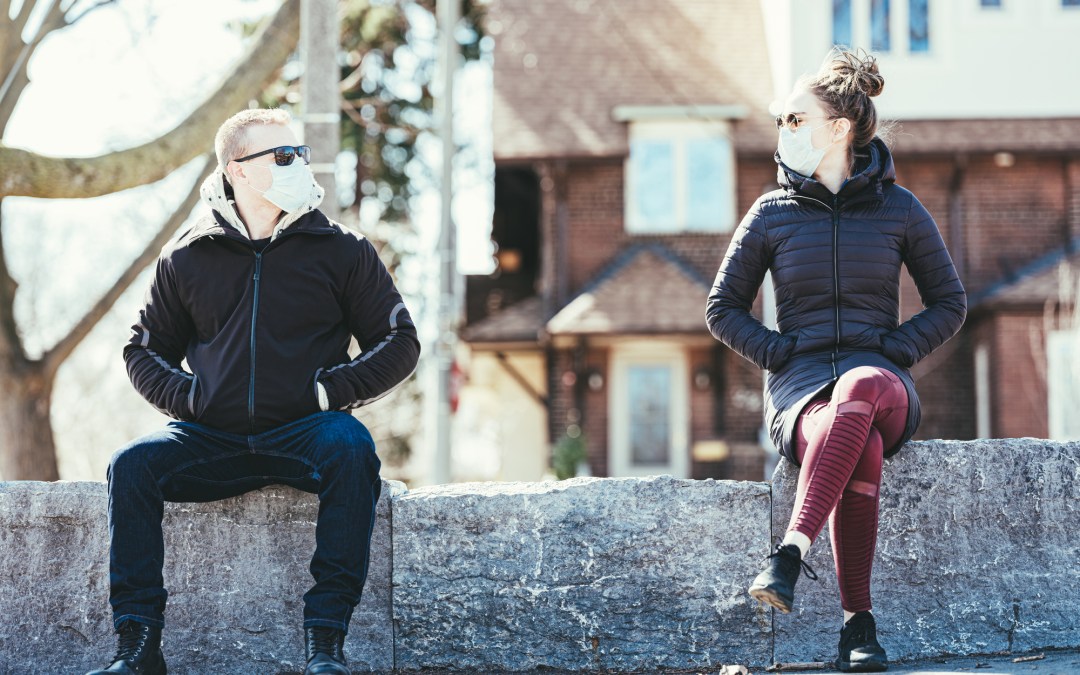While the U.S. Food and Drug Administration is affirming that major efforts are being made to expedite a safe and effective COVID-19 vaccine, it’s not yet known when it will be widely available. As we enter colder months, many people are wondering what the first COVID-19 winter will look like.
It’s been a tough eight months adapting to the “new normal” brought on by the pandemic, but the winter may present different challenges. Here are some things to keep in mind.
Will cold weather make COVID-19 worse?
The verdict is still out as to whether colder weather will amplify COVID-19 cases in the Northern Hemisphere, but scientists continue to research this. Regardless, in most areas, winter means spending more time indoors—where the virus can be more easily transmitted. To mitigate those risks, make sure you and your loved ones reinforce the basic preventive guidelines that have been in place all year.
Wearing masks, washing hands, properly socially distancing, and ventilating your living space as much as possible can help reduce risk. While an air purifier or HVAC system won’t completely remove the COVID-19 virus from your space, using an air cleaning system along with other natural ventilation (opening windows or doors and turning on fans), can help.
Can I still enjoy my favorite winter activities safely?
It’s not time to hang up the skates just yet. Getting regular outdoor activity is one of the best things you can do for your physical and mental health during this COVID-19 winter. As long as you sanitize your equipment, maintain physical distancing, and are mindful of potential risks, you can still hit the rinks, slopes, and sledding hills.
How can I deal with being sick and snowed in?
There are things you can do to prepare in advance. It’s a good rule of thumb to make sure your pantry is stocked with shelf-stable foods to last you through a week of being unable to go to a grocery store—especially during the winter, when illnesses like the flu are more likely to occur. If you’re not sure how to care for yourself while being sick at home, there are many e-health and telehealth providers that can assist you through video chat or phone call. As you’re able, keep in touch with family and friends who can give you a mood-boost or drop off some chicken soup for you.
Can I enjoy the holidays with my family and friends?
While completely canceling the holidays may not be necessary, any plans should err on the side of caution. Gatherings should include ways to connect safely, like organizing video visits with extended family. Celebrate with small gatherings and observe all observe preventive guidelines. Discuss with your family and friends their comfort level.
This year, it’s safest to stay close to home to avoid spreading the virus outside your community. Think about this COVID-19 winter as a chance to explore (safely) the amazing places close to home that you normally wouldn’t visit. But if you must travel, choose a lower-risk option. Check all travel restrictions and requirements of the vacation rentals you could be staying in. No matter where you go, practice social distancing and minimize contact with people outside your immediate circle.

